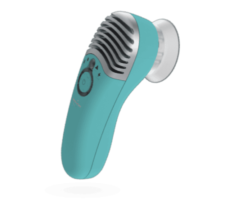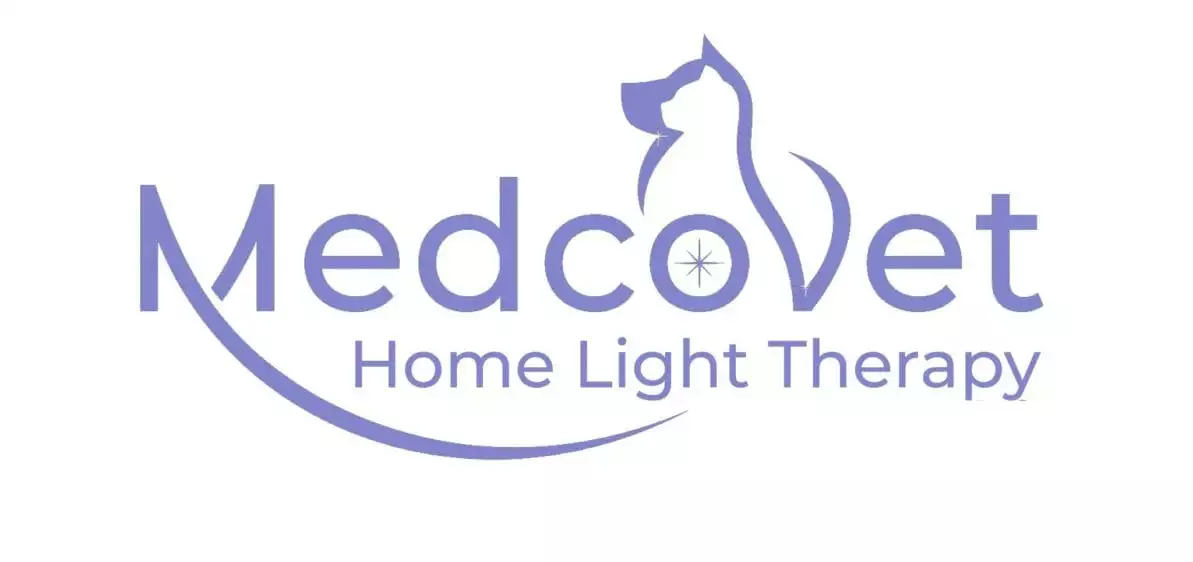Expand Your Knowledge of Photobiomodulation (aka Laser Therapy)

More Frequent, Lower Power Treaments Increase Effectiveness
Compared to clinic based lasers, the Luma home laser system is far more convenient, less costly, and more effective. At MedCoVet, we make laser therapy affordable and easy for pet owners by partnering with veterinarians to prescribe safe solutions for at-home pet laser therapy. Learn more about Luma and how you can try it yourself firsthand below
Photobiomodulation (PBM) has been around for 3,000 years (see: 3000 Years of LLLT/Photobiomodulation History), yet it still has not been widely adopted. Most veterinarians assume this is because there is not enough evidence to prove efficacy. However, there are now numerous FDA approved PBM devices on the market. There are also thousands of studies showing…
read the storyWhen it comes to laser therapy, bigger is not always better. Recent research has shown that, in certain situations, high-power lasers did not increase efficacy. This same study also showed the one thing that did increase efficacy. One of the observations that have consistently been made in the course of fifty years of investigation of…
read the storyHow often does photobiomodulation (PBM) need to be applied? A recent study (click here to read the study) looked at the difference between infrequent PBM (weekly) and more frequent PBM (every other day) application. The study found that “The data indicated that the proliferation of MSCs plated at high density was enhanced by multiple exposures…
read the storyVeterinary medicine is rapidly evolving, and one of the biggest trends over the last few years has been the addition of rehabilitation services. Pet parents are seeking out ways to reduce pain and cost (see: USA Today article), and veterinarians see the benefits of adding additional recurring revenue to their practice to help offset fixed…
read the storyBy Dr. Michael R Hamblin Ph.D (CSO of MedcoVet) Laser Therapy (PBM) is a terrific new modality to an ever-increasing number of vet clinics. It’s great for the pet, the pet parent and the vet clinic. As a Principal Investigator at the Wellman Center for Photomedicine, Massachusetts General Hospital, an Associate Professor of Dermatology, Harvard…
read the storyPet owners are becoming increasingly sensitive to overmedicating and the accompanying side effects that come with this strategy. Low Level Light Therapy (LLLT), or Photobiomodulation (PBM,) has always held the promise of treatment without side effects. Although it may seem self-evident that successful PBM treatments should lead to a reduction in the amount of medication…
read the storyMore and more veterinarians (and pet parents) are reluctant to entirely rely on long term NSAIDs as a treatment for osteoarthritis. Not all pets tolerate these drugs, NSAIDs can not be used in combination with some other drugs, it can change the pet’s behavior, and long term use can lead to renal toxicity. Low Light…
read the storyLet’s face it, there is a lot of confusing information out there about laser therapy. This vendor says one thing, and another vendor says something different, this study shows this, and that study is just the opposite of the first one. Wouldn’t it be nice if there was a single source for all your LLLT…
read the storyWhen it comes to laser therapy, bigger is not always better. Recent research regarding efficacy has shown that – in certain situations – high power lasers did not increase it. There was one thing that did… In over 50 years of photobiomodulation research, there have been consistent observations of the biphasic dose response curve known…
read the storyLadies and gentlemen, presenting the future of Animal Health… In mid-June, 20 startup companies that are changing veterinary medicine presented at the Animal Health Investment Forum. While there are many great companies changing the pet-owner consumer experience (really great companies), these folks are at the forefront of veterinary medicine. They solve challenges like blood…
read the story
Luma
At MedcoVet, we aim to make light therapy available and affordable to anyone that needs it. So, we would like anyone interested, curious, practiced or skeptical to join our community and the discussion.

